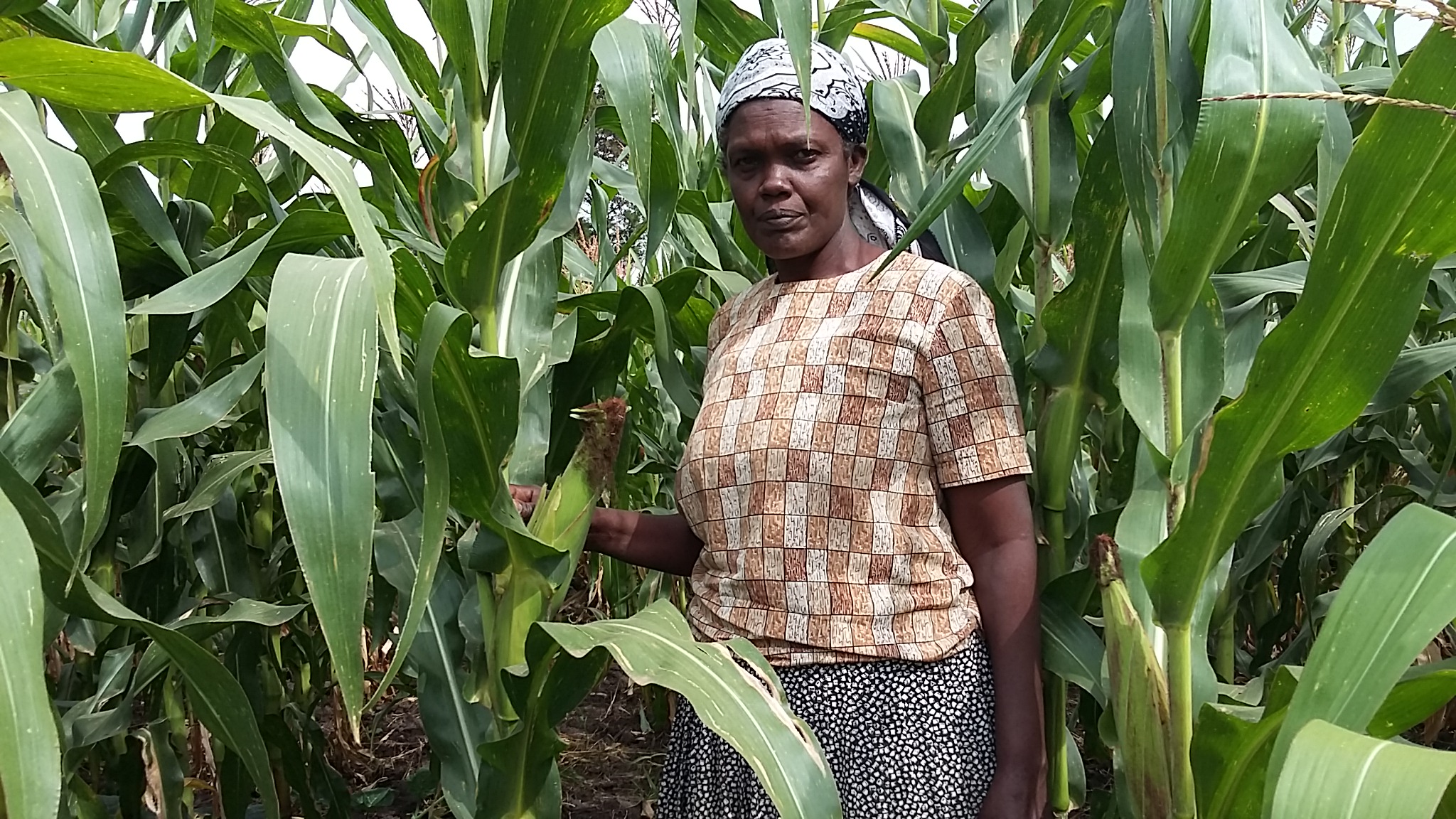
NAIROBI – The Kenya Agricultural and Livestock Research Organization (KALRO) announced it received official approval from Kenya’s National Biosafety Authority (NBA) to conduct National Performance Trials (NPTs) in Kenya using genetically-transformed, insect resistant maize on Feb. 9.
This is the first time Kenyan authorities have approved the environmental release of genetically-transformed maize, meaning the varieties can be grown in non-restricted field conditions like any other variety.
The approval comes as a result of an application submitted to NBA in April 2015 by KALRO and the African Agricultural Technology Foundation (AATF), as part of the Water Efficient Maize for Africa (WEMA) Project, for field testing of WEMA maize that carries genes from Bacillus thuringiensis (Bt). The genes confer targeted resistance to particular insect species that attack maize in the field, causing annual losses in Kenya’s maize harvest of up to 400,000 tons.
The approval paves the way for the eventual release, registration, and marketing through local seed companies of Bt maize varieties, in the same manner as any other variety.
As part of the approval, WEMA partners are required to conduct environmental and social impact studies, submit a product stewardship management plan, and carry out compositional analyses of Bt maize grain.
Led by the AATF, WEMA includes KALRO and CIMMYT among its partners. The project already has a stewardship plan, is consulting with relevant regulatory institutions to begin the studies required, and would enter at least four maize varieties in NPTs.
Maize with Bt genes has been grown for nearly 20 years in 25 countries worldwide.
For more information about CIMMYT’s work in WEMA: Brenda Wawa, CIMMYT communications officer.
 Nutrition, health and food security
Nutrition, health and food security 
